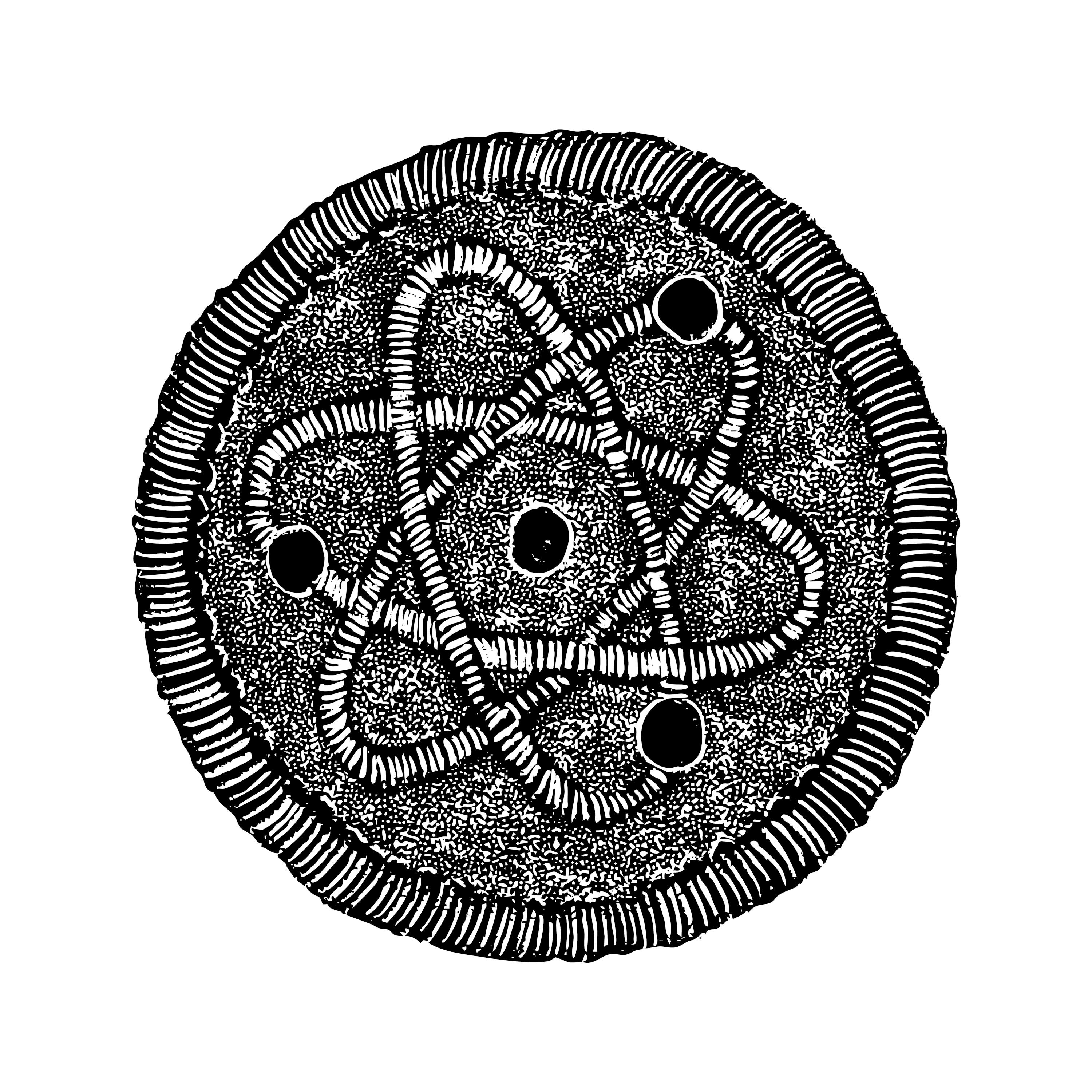The Phone Call
Bow Suprasert had just returned from a trip abroad when she got a strange phone call, saying a man had been caught traveling with a passport in her name. But Bow’s passport was still in her suitcase.
We have a small favor to ask! We’ve put together a survey about our shows – and our membership program, Criminal Plus – and it would mean a lot to us if you could fill it out. You can find it at thisiscriminal.com/survey.
Say hello on Facebook, Instagram and TikTok. Sign up for our occasional newsletter. Follow the show and review us on Apple Podcasts.
Sign up for Criminal Plus to get behind-the-scenes bonus episodes of Criminal, ad-free listening of all of our shows, special merch deals, and more.
We also make This is Love and Phoebe Reads a Mystery.
Artwork by Julienne Alexander. Check out our online shop.
Episode transcripts are posted on our website.
Learn more about your ad choices. Visit podcastchoices.com/adchoices
We have a small favor to ask! We’ve put together a survey about our shows – and our membership program, Criminal Plus – and it would mean a lot to us if you could fill it out. You can find it at thisiscriminal.com/survey.
Say hello on Facebook, Instagram and TikTok. Sign up for our occasional newsletter. Follow the show and review us on Apple Podcasts.
Sign up for Criminal Plus to get behind-the-scenes bonus episodes of Criminal, ad-free listening of all of our shows, special merch deals, and more.
We also make This is Love and Phoebe Reads a Mystery.
Artwork by Julienne Alexander. Check out our online shop.
Episode transcripts are posted on our website.
Learn more about your ad choices. Visit podcastchoices.com/adchoices
Press play and read along
Transcript
Transcript is processing—check back soon.
Criminal — The Phone Call





